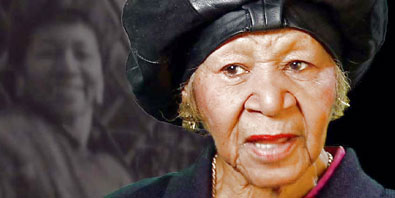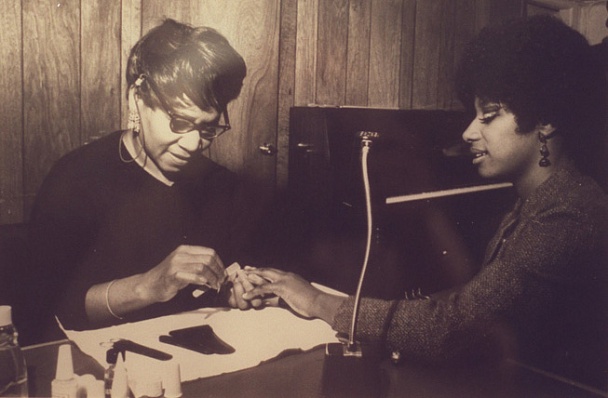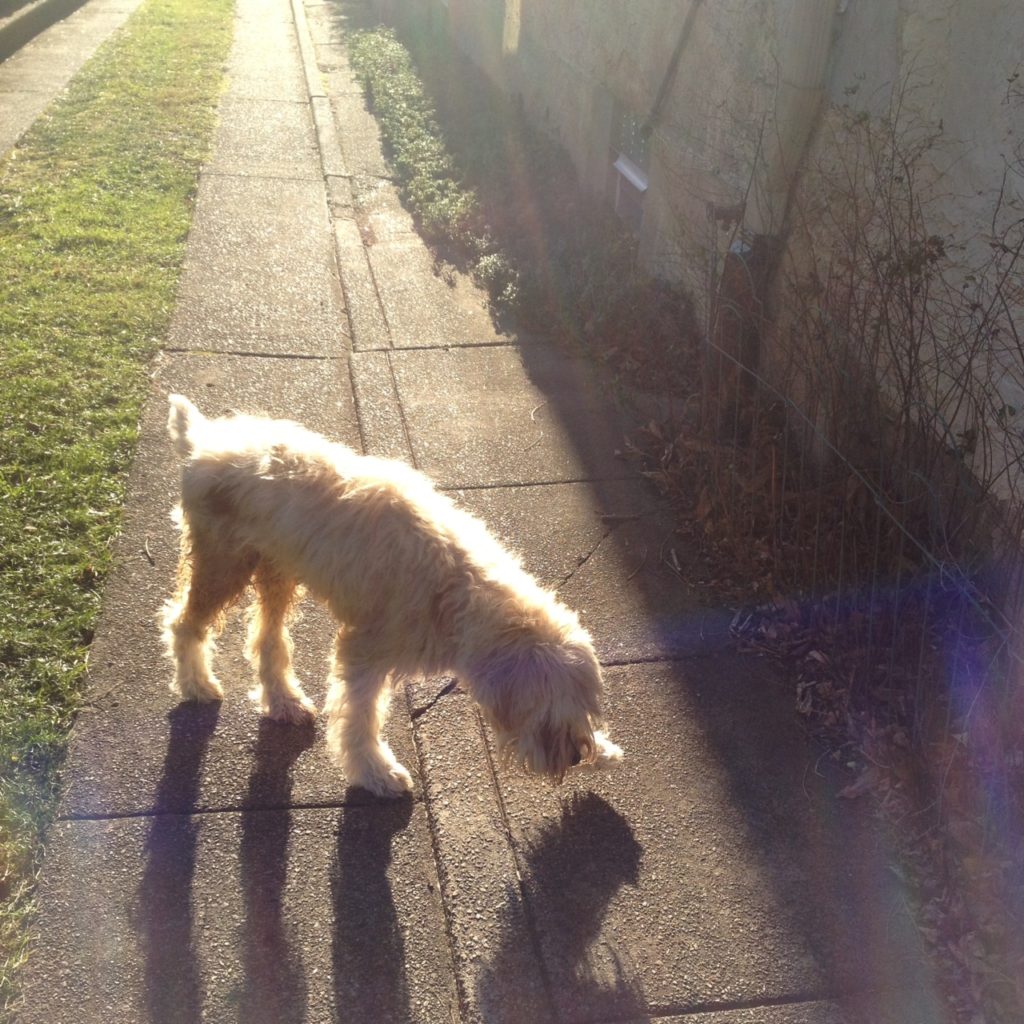There is always some let down when the holidays are over. With snow and ice and the coldest day Philadelphia has seen in awhile “on tap” for later today, the outlook can seem pretty bleak when you don’t bring some lightheartedness into it.
The rebalance can be as simple as identifying what we have to be grateful for. It doesn’t need to take the gloom away; a lot of that is just January. It just restores some of the hope.

Like you, I’m tired of year-end lists–I guess because I’ve looked at so many of them. Books, songs, movies, people to watch in the coming months. It’s the year’s fulcrum when you look back at what happened around you & in your own life, while trying to look forward with anticipation. For me at least, nothing gives anticipation the glow of hopefulness like gratitude.
So with apologies in advance for yet another list, here are some categories for gratitude that might help you to dispel some of the gloom today (with some personal “thank yous” attached).
1. A better response than you ever thought you’d get. You get less than you hope for but still keep on asking. It’s hard to create the space for a suitable response from someone when you’ve been disappointed so many times before. A customer service representative, someone you’ve hired to do something for you, a neighbor or family member. But your disappointment can also disable those who want to give you what you’re looking for. For those times when you didn’t let your disappointment over past experiences get in the way—or even when you do, but the person on the other end wouldn’t take “no” for an answer—what are some of the responses you got in the past 12 months that were a cause for gratitude? Thank you: AOL’s Romanian service desk, Patti, Colleen, Kim, the doormen at 250, Bill and Jason!
2. For people you have not seen in awhile but who show up as delightful as always. Some folks are always in your life, while others only stop in occasionally. For the occasional visitors, you always wonder beforehand how time has treated them, and sometimes are delighted by the effervescence they manage to keep giving off. Over the past 12 months, visitors like this provide moments of real grace: Irene, Jim, John, Richard.
3. Surprises. You can organize yourself so tightly that surprise has a hard time breaking in. It’s what makes us smile when babies and dogs disrupt the best laid plans in our movies and storytelling. You can’t manufacture surprise, but you can make room for it. When you do, it can be a blessing: Lillian with stories about her 75 grandchildren and new business on a busy trail in the Tetons, Peter (from Scotland) & Jon-Albert (from Norway) hitch-hiking to adventure on Wyoming I-80, Wally the dog.
4. New Ideas. There may be no such thing as a “new idea,” but it can seem like new to you. More often it’s a different “way of thinking” about something familiar: a slant or perspective that you never considered. In The Golden Notebook, Philip Pullman talks about spaces in the fabric of time that provide passageways from one reality to another. When you return, of course, nothing is quite the same. What ideas changed your mind this year? Some of mine came from Jaron Lanier (on the commerce in our personal information), Brene Brown (on Wholeheartedness), and Russell Baker (on how to talk about your life so others want to know more about it).
5. Collaboration. When the sum becomes greater than the parts while working on something together, that’s the best of partnership. It doesn’t always happen, but when it does, those partners are worth celebrating: Ryan, Marc.
6. Feedback. This is something you need to hear about yourself that manages to come back to you. The speakers can be friends and loved ones, but some of the most appreciated remarks can come from strangers with nothing to gain or lose. People don’t always tell you the truth, so you have to be listening when they do. That also goes for kind words when you least expect them and for tributes when they come. A waiter for the Princeton Breakfast Group, Gina, Dorothy, Jon, Dina.
7. Perspective. It’s easy to get lost in the demands of the day or in worrying about yourself. Whatever reliably takes you out of your busyness and insecurity and gives you some perspective on the day is also deserving of some gratitude. It’s an escape you return from refreshed. Hearing a special person’s voice can do it. Laughter can too. Whatever it is deserves to be celebrated, like: Good neighbors.
Identify the people and things you’re grateful for and give them a party in your head.
Here’s to a wholehearted year!





